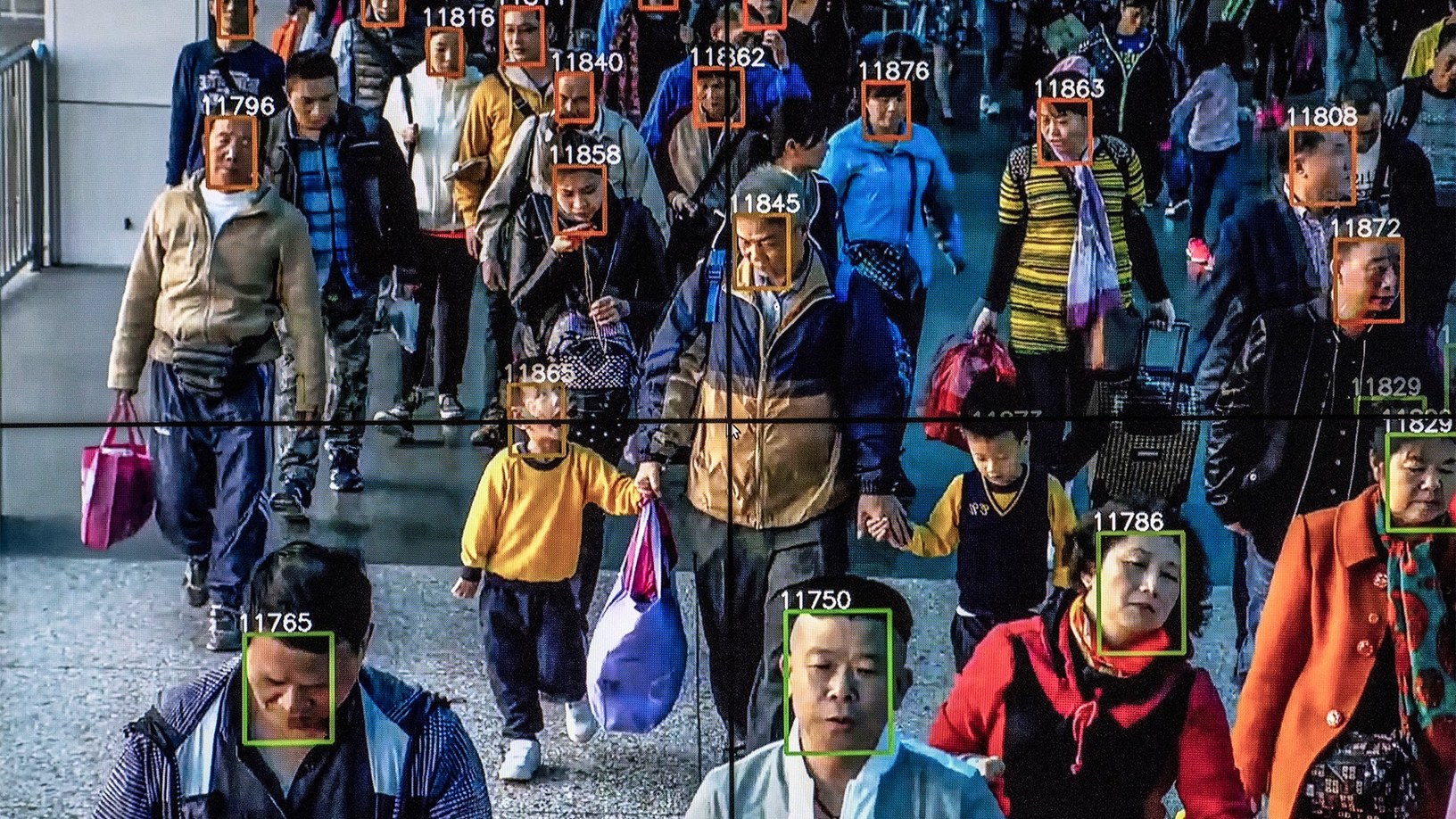“These companies have benefited from China’s government making it a national priority to be the world leader in AI,” says Rebecca Fannin, author of the forthcoming Tech Titans of China and two previous books about China’s tech scene. That support has led to contracts and freed up government and private funds, she says. “Now you are starting to see these companies go global.”
Freedom House, a US-government-backed nonprofit, warned in a report last October that Chinese surveillance deals also export the country’s attitudes to privacy and could encourage companies and governments to collect and expose sensitive data. It argues that companies and products built to serve government agencies unconcerned about privacy are unlikely to become trustworthy defenders of human rights elsewhere, and can be forced to serve Chinese government interests.
The latest on artificial intelligence, from machine learning to computer vision and more
Megvii’s filing says it has raised more than $1.3 billion, primarily from Chinese investment funds and companies, including ecommerce giant Alibaba. One of China’s state-owned VC funds also has a stake and a seat on the startup’s board. Other backers include US-based venture firm GGV and the sovereign wealth funds of Abu Dhabi and Kuwait. CB Insights said the company was valued at $4 billion earlier this year. Reuters reports that its public listing will raise at least $500 million, but the figure is redacted from the company’s filing. Fannin says larger rival SenseTime, valued at $4.5 billion per CB Insights and also expanding overseas, is expected to go public soon. Its international ambitions could be helped by having US investors in Qualcomm and Silver Lake Capital.
Demand for Megvii’s computer-vision systems is growing rapidly. The company reported revenue of 1.4 billion yuan ($200 million) in 2018, more than four times a year earlier. It posted losses of 3.4 billion yuan ($469 million). The “City IoT” segment of its business that provides surveillance and security systems, like access control for public housing, accounts for nearly three-fourths of its revenue and has customers in more than 15 “countries and territories” outside China. That division also offers software that can spot traffic offenses or changing traffic flows caught on video.
In the first six months of this year, Megvii says 4.9 percent of its revenue came from outside China, compared with 2.7 percent for all of last year. Now, it plans to establish joint ventures or offices in Japan, Singapore, Thailand, and the Middle East.
Megvii was founded in 2011 by Yin Qi and two friends from Beijing’s elite Tsinghua University. The company’s name is short for "mega vision"—also the rough translation of its Chinese name, 旷视. Their venture was perfectly timed to surf the swell of interest in AI prompted by the emergence of a technology called deep learning in 2012, which made software that interprets images much more accurate.
Since then, Megvii and rival AI unicorns SenseTime, CloudWalk, and Yitu have made facial recognition commonplace in China, where police scan public spaces for suspects, and citizens pay in stores and pay taxes with their faces. Recently, Chinese startups, along with some from Russia, have dominated the US National Institute of Standards and Technology’s rankings of facial-recognition accuracy.
Sourced through Scoop.it from: www.wired.com



Leave A Comment